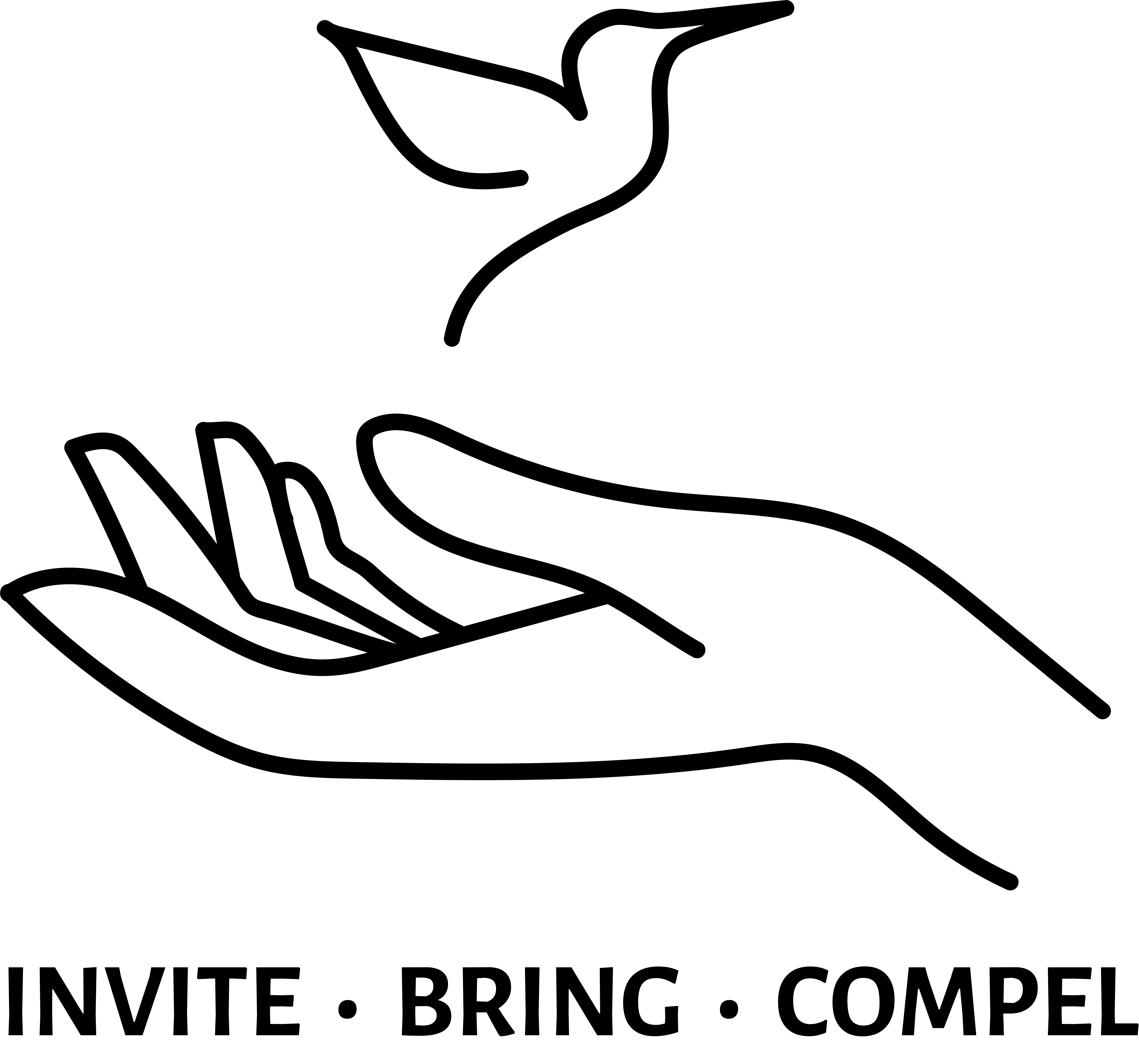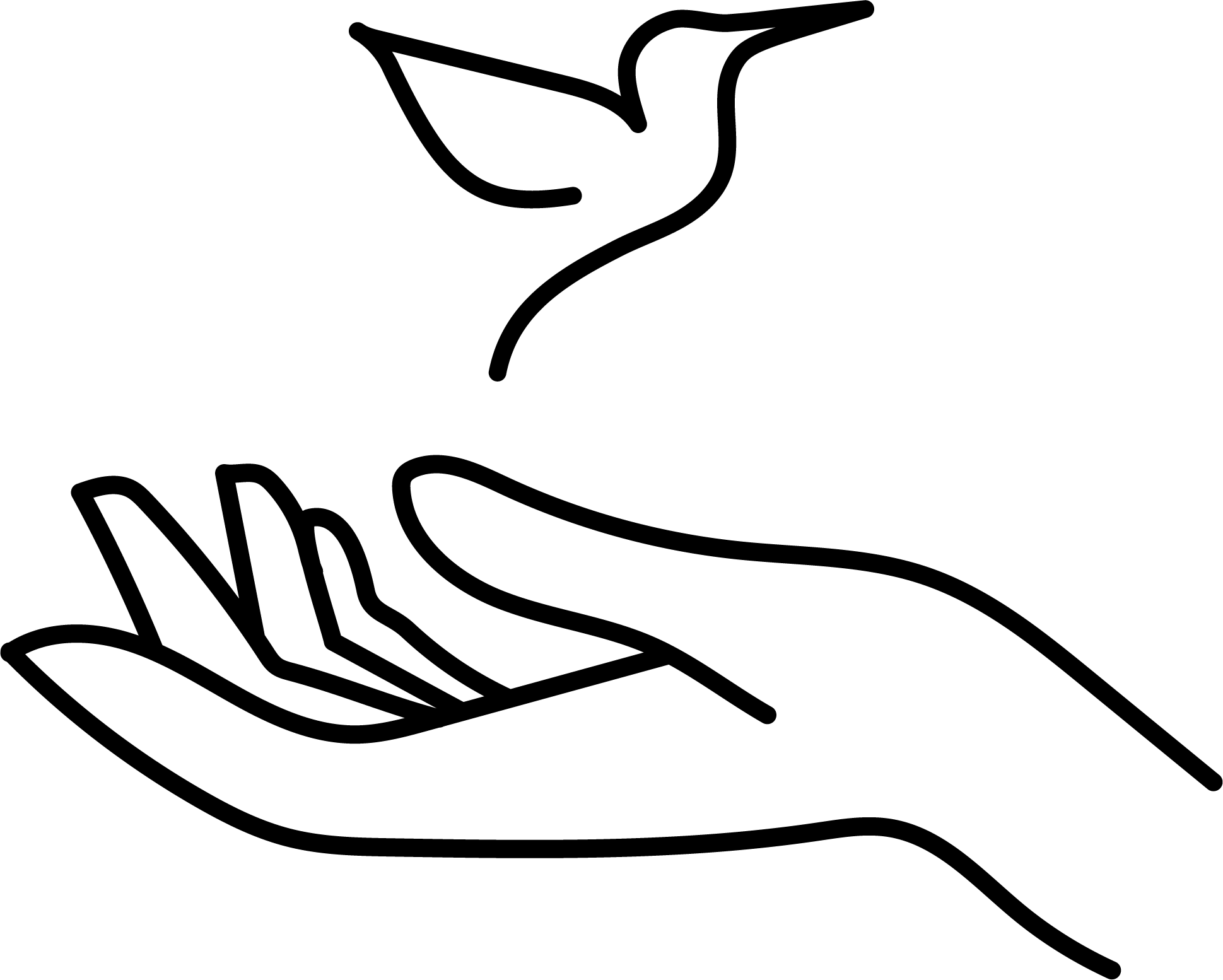Module 1: Disability & Theology
Young asian girl wearing a bright pink floral dress sitting outside in her wheelchair and laughing. Image © Sweet Nectar Society.

Jesus and Weakness
“PHENOMENAL, COSMIC POWER!!! Itty-bitty living space!”[1] If you heard that line in the voice of the incomparable Robin Williams then you know that this quote comes from Disney’s Aladdin when Genie describes his life as this paradox. While all metaphors have their limits, might we apply this concept to the life of Christ? The phenomenal, cosmic power of the creator of the universe was confined to the self-imposed itty-bitty living space of a brown body. Joni Eareckson Tada, founder of Joni and Friends became a quadriplegic at the age of 17 in a diving accident. She once described how she had a much richer and deeper understanding of the incarnation of Jesus after having been through this experience. After the accident she was still completely, 100%, herself, but now was limited by her weakened body. In the same way Jesus was disabled; 100% God yet he took on the limitations and weakness of human form. From the manger to the cross, God’s power showed up in the perceived weakness of Jesus life: oppressed citizen, refugee, Nazarene, homeless, convicted criminal, and finally a fragile, broken and scarred body. And yet, through all those things, God’s power was made known.
In our culture weakness is to be avoided at all costs; heaven forbid we are not self-reliant in every way. This is nothing more than pride and denial. Pride to think that even our very breath isn’t dependent completely on God, and denial that our finiteness is only in theory. We need to ask God to continually show us our need of him and his power in the things we see as weakness. We need to see how “the disabled bear prophetic witness about what is true about the fragile human condition,”[2] that we are all desperately in need of him. Amy Kenny, a disabled woman, and advocate for disability justice in the church says this of the disability community, “our lives, our body-minds puncture the illusion of normalcy and invite us to dismantle the idols of prosperity, productivity, and independence”[3]
Similar to racism, sexism, classism or any other -ism, ableism describes an attitude in where able-bodied and minded people are given preferential treatment and those with disabilities are treated like second class citizens. In an ableist culture that continually compares and ranks human bodies and minds according to their size, shape, ability, and IQ we are called to be counter-cultural. This requires us to bring the valuation of our worth in line with God’s perspective. Showing Christ’s love to those affected by disability starts with understanding how God values all of us. When we find our identity in what we do, what we make, what we have, or how we look, it reveals how our praise of success and accomplishment shifts dangerously towards idolatrous worship. If a person with a disability cannot be valued based on what they bring to the table, then maybe those with able bodies and minds can’t either. It requires us to come to terms with our own weakness and let go of our false identities. This is why, according to theologian Miroslav Volf, we should embrace those categorized as “others”. They “are part of [our] own true identity.”[4] If we are image-bearers of Christ, who reconciles people to himself and to each other, then we are charged with bringing reconciliation and embrace to those who have been excluded. However, before we can begin this process we must first repent. We repent of our pride and ableist attitudes that have caused us to believe those with disabilities are less than. Only after our repentance will we be able to find our way to an inclusive church.
Please answer the question below to move on to the next section of the module and watch the “In Their Own Words” video and listen to people affected by disability share how it has impacted their theology.
[1] Aladdin (Walt Disney Pictures, 1992).
[2] Amy Kenny, My Body Is Not a Prayer Request: Disability Justice in the Church (Grand Rapids, MI: Brazos Press, a division of Baker Publishing Group, 2022), 16.
[3] Ibid. 59
[4] Volf, “Exclusion and Embrace” in Emerging Voices in Global Theology, 40
Reflection Questions
[qsm quiz=5]
Additional Resources
My Body is Not a Prayer Request: Disability Justice in the Church
By Amy Kenny
Much of the church has forgotten that we worship a disabled God whose wounds survived resurrection, says Amy Kenny. It is time for the church to start treating disabled people as full members of the body of Christ who have much more to offer than a miraculous cure narrative and to learn from their embodied experiences.
Written by a disabled Christian, this book shows that the church is missing out on the prophetic witness and blessing of disability. Kenny reflects on her experiences inside the church to expose unintentional ableism and cast a new vision for Christian communities to engage disability justice. She shows that until we cultivate church spaces where people with disabilities can fully belong, flourish, and lead, we are not valuing the diverse members of the body of Christ.
Offering a unique blend of personal storytelling, fresh and compelling writing, biblical exegesis, and practical application, this book invites readers to participate in disability justice and create a more inclusive community in church and parachurch spaces. Engaging content such as reflection questions and top-ten lists are included.
Theology and Down Syndrome: Reimagining Disability in Late Modernity
By Amos Yong
While the struggle for disability rights has transformed secular ethics and public policy, traditional Christian teaching has been slow to account for disability in its theological imagination. Amos Yong crafts both a theology of disability and a theology informed by disability. The result is a Christian theology that not only connects with our present social, medical, and scientific understanding of disability but also one that empowers a set of best practices appropriate to our late modern context.
The Disabled God: Toward a Liberatory Theology of Disability
By Nancy Eiesland
Draws on themes of the disability-rights movement to identify people with disabilities as members of a socially disadvantaged minority group rather than as individuals who need to adjust. Highlights the hidden history of people with disabilities in church and society. Proclaiming the emancipatory presence of the disabled God, the author maintains the vital importance of the relationship between Christology and social change. Eiesland contends that in the Eucharist, Christians encounter the disabled God and may participate in new imaginations of wholeness and new embodiments of justice.
By Thomas E. Reynolds
As parents of a son with disabilities, Thomas E. Reynolds and his wife know what it’s like to be misunderstood by a church community. In Vulnerable Communion, Reynolds draws upon that personal experience and a diverse body of literature to empower churches and individuals to foster deeper hospitality toward persons with disabilities.
Reynolds argues that the Christian story is one of strength coming from weakness, of wholeness emerging from brokenness, and of power in vulnerability. He offers valuable biblical, theological, and pastoral tools to understand and welcome those with disabilities. Vulnerable Communion will be a useful resource for any student, theologian, church leader, or lay person seeking to discover the power of God revealed through weakness.


